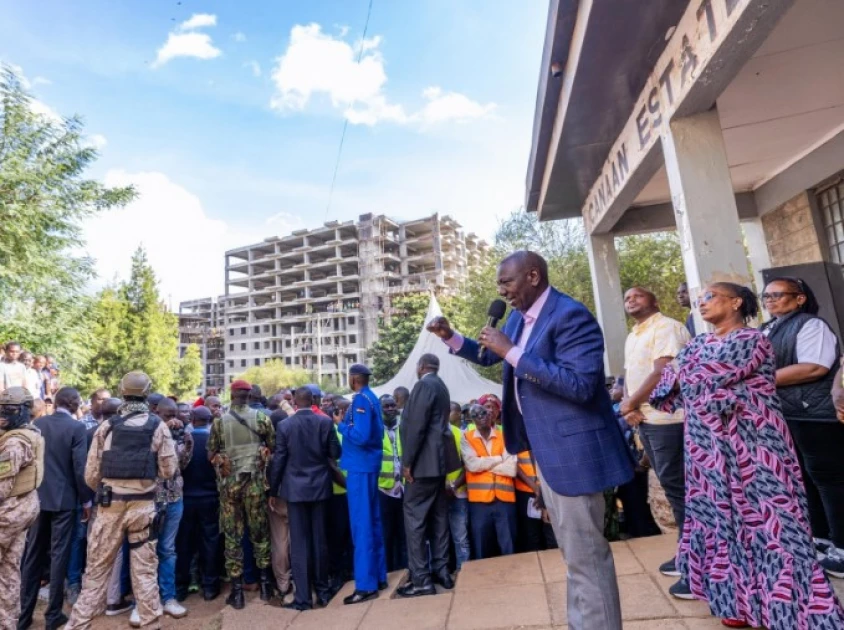President of House of Councillors: Development is key to regional peace and stability
Mohamed Ould Errachid, President of Morocco’s House of Councillors and head of the Association of Senates, Shura and Equivalent Councils in Africa and the Arab World, said Friday that sustainable development is the cornerstone of peace, security, and stability, and the most effective counter to terrorism, separatism, and organized crime.
Speaking at the opening of the third Marrakech Parliamentary Economic Forum for the Euro-Mediterranean and Gulf region, hosted by the Parliamentary Assembly of the Mediterranean (PAM), Ould Errachid emphasized that parliaments must play a central role in advocating for development and cooperation across regions.
“The economic discussions in Marrakech go beyond development — they are a gateway to building a regional model of peace and stability,” he said. “Such a model ensures dignified living, integration, and active participation in comprehensive development for the peoples of both regions.”
Held under the patronage of King Mohammed VI, the forum, which runs through Saturday, is seen by Ould Errachid as a testament to the shared will to establish a constructive parliamentary space for dialogue and economic cooperation. He stressed that such cooperation is crucial for advancing inclusive and equitable growth models that bolster regional integration.
He warned that the forum convenes at a time of ongoing global and regional challenges, including economic fallout from geopolitical conflicts, growing uncertainty in global trade, and the lack of consensus on a fair and efficient international trade model.
“The current global context calls for cooperation in supply chains, addressing climate change, and adapting economic systems,” he said, adding that AI, fintech, and deep learning technologies are now key drivers of innovation and production.
Reaffirming Morocco’s pivotal role in the Euro-Mediterranean and Gulf spaces, Ould Errachid said the Kingdom is also a bridge to the Atlantic economic zone and remains committed to shared development efforts.
He highlighted the Royal Atlantic Initiative, which aims to provide landlocked Sahel countries with access to the Atlantic Ocean, describing it as a “strategic opportunity” for integrating these nations into the global economy.
“Morocco is offering its advanced infrastructure — roads, railways, and modern ports — to support Sahel countries,” he said, adding that the initiative aims to diversify their economies, boost local added value, and improve living conditions for more than 95 million people.
He also pointed to the logistical link via the Atlantic Port of Dakhla in southern Morocco as a regional and international game-changer, connecting the Sahel to the Euro-Mediterranean and Gulf economies. This connection, he said, would enhance trade, value chains, and regional integration.
Ould Errachid also discussed the Africa-Atlantic gas pipeline project, a joint endeavor with Nigeria, saying it will unlock Africa’s energy potential and ensure access to power for West African nations. He said the pipeline — which could also carry green hydrogen in the future — is a pillar of energy sovereignty for the Euro-Mediterranean zone.
Once completed, the pipeline will be the longest energy logistics platform in the world, he said, reinforcing Africa’s position as a strategic global energy supplier.
Ould Errachid stressed that true economic integration between the Gulf and Euro-Mediterranean regions depends on building shared production routes that enhance industrial sovereignty, especially in strategic sectors such as semiconductor manufacturing, space industries, cybersecurity and cloud computing, big data storage, and renewable energy technologies and infrastructure.
He concluded by underlining the need to invest in human capital and develop joint financing mechanisms, including the interconnection of national capital markets, the creation of regional investment banks, and greater cooperation between universities and research institutions.
These, he said, are crucial for fostering academic collaboration, sharing best practices, and driving innovation.









